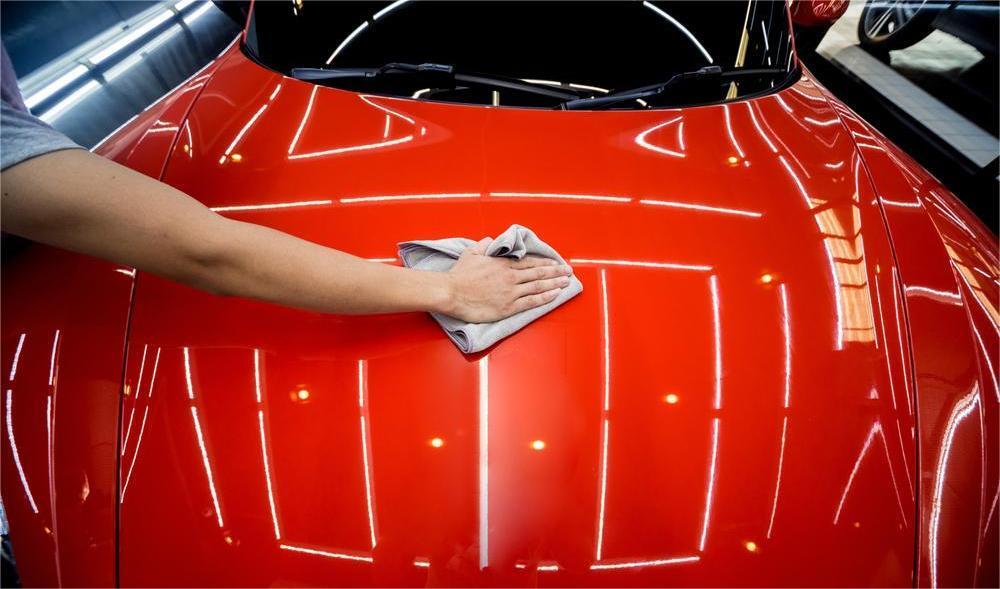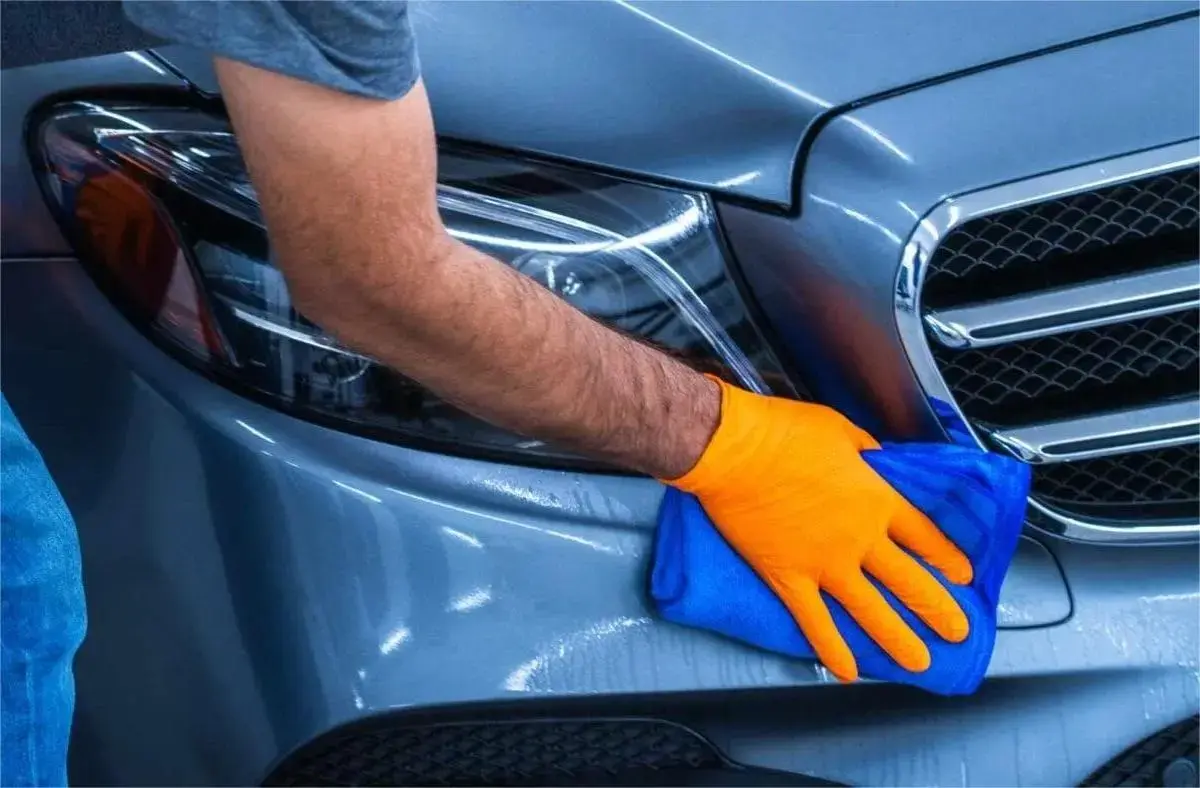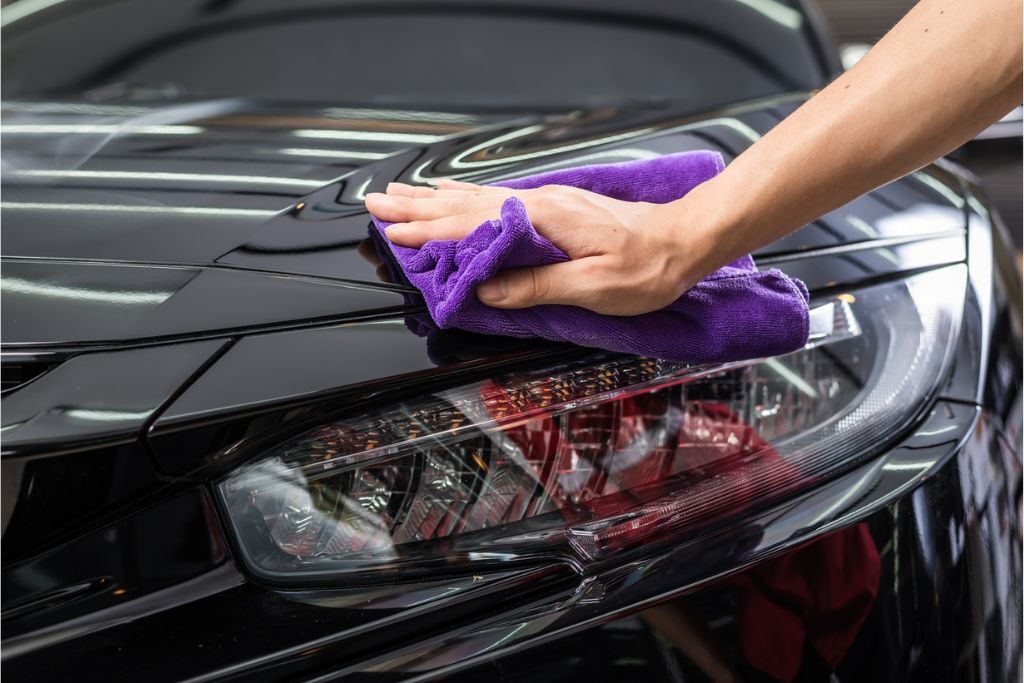Ceramic Coated Brake Calipers vs Non-Coated: Which Offers Better Protection?
In the world of automotive care, protecting your vehicle’s components from wear and tear is crucial. Brake calipers, an essential part of your car’s braking system, are particularly susceptible to damage from road contaminants and environmental factors. One of the emerging solutions for enhancing their durability is ceramic coating. But how does ceramic coating stack up against non-coated brake calipers? This comprehensive guide will delve into the benefits of ceramic coating, compare it to non-coated options, and help you understand why the best ceramic coating for brake calipers could be a game-changer for your vehicle’s performance and longevity.
Understanding Brake Calipers and Their Vulnerabilities
Brake calipers are responsible for squeezing the brake pads against the brake rotors to slow down or stop your vehicle. Given their critical role, they endure significant stress and exposure to harsh conditions. Here’s why they need special attention:
Exposure to Heat and Contaminants
Brake calipers are subjected to high temperatures generated during braking. They also face exposure to road salt, brake dust, and other contaminants, which can contribute to rust and corrosion. Proper protection is essential to ensure their functionality and extend their lifespan.
Risk of Rust and Corrosion
Rust can significantly affect the performance of brake calipers. When moisture and corrosive substances come into contact with the metal surfaces, they can lead to rust formation. This rust can cause the calipers to seize or operate less effectively, compromising your vehicle’s braking performance.
What is Ceramic Coating for Brake Calipers?
Ceramic coating is a protective layer applied to various surfaces, including brake calipers, to shield them from damage. This coating utilizes nanotechnology to bond with the surface and provide several benefits:
Enhanced Durability:
The best ceramic coating for brake calipers provides a durable layer that can withstand harsh conditions. It acts as a shield against heat, road salt, brake dust, and other contaminants.
Superior Protection
Ceramic coatings offer exceptional protection against rust and corrosion. They form a hydrophobic barrier that repels water and other moisture, which is crucial for brake calipers exposed to elements.
Easy Maintenance
With ceramic coating, brake calipers become easier to clean. The coating reduces the adherence of brake dust and grime, making regular maintenance more manageable.
Also Learn About: Ceramic Coating Safe For Your Car
Ceramic Coated Brake Calipers vs. Non-Coated: A Comparative Analysis
When considering whether to apply ceramic coating to your brake calipers, it’s important to weigh the benefits against those of non-coated calipers. Let’s explore the key differences:
1. Durability and Longevity
With ceramic coating brake calipers, you benefit from several key advantages. First, ceramic coatings provide exceptional protection from heat, as they can withstand the high temperatures generated during braking, thereby preventing damage and maintaining optimal performance. Additionally, these coatings offer significant resistance to corrosion by forming a protective layer that guards against rust and other corrosive elements, which helps extend the lifespan of the calipers. Finally, the enhanced lifespan of ceramic coatings often means a longer-lasting finish, reducing the need for frequent replacements or repairs and ensuring continued durability and appearance.
Without ceramic coating, brake calipers face several challenges. They are prone to rust, as non-coated surfaces are more susceptible to corrosion from exposure to moisture and contaminants. This susceptibility necessitates frequent maintenance, as the absence of a protective coating means brake calipers require regular cleaning and upkeep to prevent rust buildup. Additionally, the shorter lifespan of non-coated calipers is a significant drawback, as the lack of protection can lead to faster deterioration, potentially compromising both performance and safety.
Ease of Cleaning
With ceramic coating brake calipers, the benefits are notable in terms of maintenance. The reduced brake dust adherence due to the hydrophobic nature of ceramic coatings means that brake dust is less likely to stick to the calipers, making cleaning significantly easier. Additionally, the coating results in less frequent cleaning, as the calipers stay cleaner for longer periods, reducing the need for regular upkeep. Conversely, without ceramic coating, non-coated calipers attract and hold brake dust, making them more challenging to clean. This results in increased cleaning efforts, as regular maintenance is required to remove brake dust and prevent buildup, which can be both time-consuming and labor-intensive.
Appearance and Aesthetics
With ceramic coating brake calipers, you enjoy a shiny finish, as the coating imparts a glossy, polished look that enhances the appearance of the calipers. Additionally, the coating helps maintain the aesthetic of the calipers by protecting them from discoloration and damage, ensuring they continue to look their best. On the other hand, without ceramic coating, non-coated calipers can develop a dull appearance over time due to exposure to contaminants and environmental factors. This lack of protection can also lead to visible damage, with rust and corrosion causing noticeable deterioration that detracts from the overall look of the brake calipers.
Learn More About: How Long Does Ceramic Coating Last
How to Apply Ceramic Coating to Brake Calipers
Applying ceramic coating to brake calipers involves several steps to ensure optimal results:
Clean the Calipers:
Start by thoroughly cleaning the brake calipers to remove any brake dust, grime, or contaminants. Use a suitable cleaner and a brush to scrub the surface, then rinse and dry completely.
Decontaminate the Surface:
For the best results, decontaminate the calipers using a clay bar or a specialized decontamination product. This step removes embedded contaminants and ensures a smooth surface for the coating.
Apply the Ceramic Coating:
Adhere to the manufacturer's guidelines when applying the ceramic coating. Typically, this involves applying a thin, even layer of the coating to the calipers and allowing it to cure for the recommended time.
Allow for Curing:
Allow the ceramic coating to fully cure as per the product’s instructions. This curing process is crucial for achieving the maximum durability and effectiveness of the coating.
Maintain the Coated Calipers:
After applying the coating, maintain the brake calipers by regularly cleaning them with a gentle, non-abrasive cleaner. Steer clear of strong chemicals that might harm the coating.
How Long Does Ceramic Coating Last?
The longevity of ceramic coating depends on several factors, including the quality of the coating and how well you maintain it. Typically, a premium ceramic coating can endure for 2 to 5 years. Proper maintenance and regular cleaning can extend the lifespan of the coating and ensure continued protection for your brake calipers.
Conclusion
In the debate between ceramic coated brake calipers vs. non-coated, it’s clear that ceramic coating offers superior protection and benefits. The best ceramic coating for brake calipers provides enhanced durability, resistance to rust and corrosion, and easier maintenance compared to non-coated options. If you’re looking to safeguard your brake calipers and maintain their appearance, investing in ceramic coating is a wise choice.
At DG Detailz, we specialize in applying high-quality ceramic coatings to brake calipers and other vehicle components. Our expert team ensures that your car receives the best protection available on the market. For more information or to schedule a ceramic coating service, contact us today for a free quote. Protect your investment and enhance your vehicle’s performance with our premium ceramic coating services. Reach out to DG Detailz to get started!



.jpeg)
.webp)


